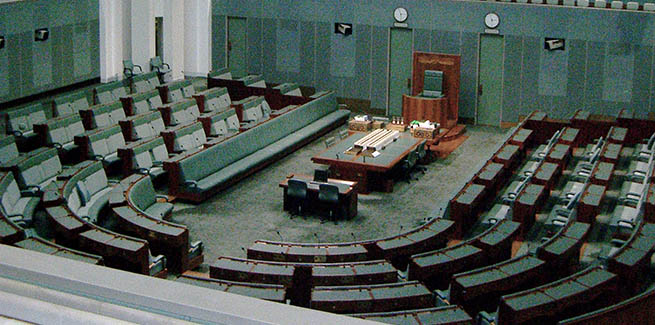The passage of the Morrison government’s Australian Business Growth Fund Bill (2019) has been delayed, after opposition MPs voted to send the bill to the economics legislation committee for further inquiry.
If passed, established Australian businesses will be eligible for long-term equity capital investments of between $5 million and $15 million, where they have generated annual revenue between $2 million and $100 million and can demonstrate three years of revenue growth and profitability.
The BGF’s investment stake will be between 10 and 40 per cent, allowing small-business owners to maintain control while also allowing the BGF to offer the kind of financial support to drive business growth.
The Commonwealth government has committed $100 million to the fund, a pledge matched by ANZ, CBA, NAB and Westpac.
However, opposition MPs have expressed concern regarding the length of the consultation process, which ran for just four days, from 4 November to 8 November 2019.
During the second reading of the bill, Labor MP and shadow minister assisting for small and family businesses Matt Keogh said the bill “should be a step in the right direction” but requires further scrutiny.
“Frankly, the engagement that the Treasurer has had with relevant stakeholders has been woefully inadequate,” he said.
“As with any piece of legislation within the economic realm, the devil is absolutely in the detail, and we don’t have all of that detail in front of us.”
Mr Keogh claimed that the government has not “publicly provided sufficient detail on the governance and operation of the fund”.
“The fund will not be in a Commonwealth business enterprise or a Commonwealth company and nor will it be within the public service, but it will be an incorporated company, meaning that the Commonwealth will end up as a minority shareholder in a private company,” he continued.
“The fact that this is a private company – not a government business enterprise, which brings with it government regulation and oversight – raises questions about how the Commonwealth and the banks will end up working together for this common purpose.
“This is difficult to determine, given that there has not been any demonstration of the mandate that will govern the fund.”
The Labor MP added that the Senate inquiry would provide policymakers and stakeholders with greater clarity on the government’s proposed mandate and ensure that “anything that is required to guarantee the success of this program can be done”.
“It’s our prerogative as a parliament to ensure the success of this fund and to properly oversee any proposals,” Mr Keogh stated.
“Frankly, small and medium enterprises across the nation are relying on us to do that with this legislation.”
The BGF also proposes to offer non-financial support for businesses through the provision of strategic advice, mentoring, talent management and network referrals for small and medium businesses to access.
A board and an independent management team will oversee the BGF commercially and be independent of both the government and the participating banks.
The economics legislation committee is set to release its report by 21 February.
[Related: Capital ‘starvation’ hindering regtech adoption]

